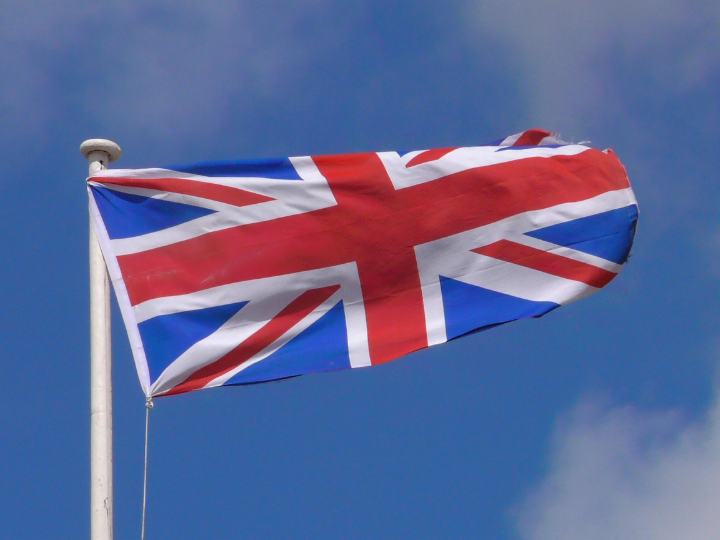by Rein van Gisteren*
Camelid animals carry tiny antibodies in their blood that help fight infections, cancers, thrombosis and rheumatism. You can strengthen the immune system of a patient with these antibodies. This is because the protein attaches itself to the diseased cell and attacks it, without side effects.
"When our students demonstrated these unique antibodies, I was called in," tells biochemist Serge Muyldermans. “Of course, there was still a long way to go, but we saw immediately that we really found something very promising. "
“We bought a camel in Morocco. Out of pocket, because in the 1980s there were hardly subsidies for such fundamental research. It seemed as if only we saw the opportunity for innovation. After our camel turned out to be stolen, one of our students brought fresh camel blood from Morocco. We also found a budget for this specific research. The results showed indeed that the specific antibodies in camelids have a much more limited repertoire to recognise foreign substances than humans and other animals, and still they have increased immunity. Moreover, they can be made up to ten times smaller and much more efficient for penetrating in tissues that you want to combat.”
Summarising. First discover ‘the needle in the haystack’. Then look for camel blood. Find corroboration there has been something serious discovered. Disparagement of the impact. Uncertainty about subsidies. Establishing a start-up. Learning to deal with patents ... “Yes, that’s how it really went, Nature refused our article. It didn’t even get a peer review! The editors didn’t take it seriously. When asked (at that time, you could simply call Nature), the advice was to check it ourselves with renowned colleagues. In the end, it was finally published in 1993. After that, the search for the applications continued, we had to draw up a business plan. "It was through a science grant of € 1.8 million that took off things. Now more than 500 people have a job.”
If the researchers at the VUB could have exploited their invention, they would have been multi-billionaires. But that is not what Serge Muyldermans’ life is about. "A nice job and being happy is enough," he says while tickling his alpaca Paco under his chin in his hometown of Hoeilaart near Brussels. “What is my core message? I would like to demystify the image of the researcher working alone in his lab in a white labcoat. You don’t do such a thing on your own. Unfortunately, science does not always lead to honest business. Look at the rejection of our article. I would like to make a warm plea for more research
funding. Hundreds of people are now earning a living, not to mention the quality of life gained for all those patients who can be cured without nasty side effects. Fundamental and multidisciplinary research is very important. Especially because of the cross-pollination between disciplines that are nowadays often isolated.”
"What would be the first decision I would take if I was EU Commissioner for Research, Science and Innovation? Less bureaucracy and more resources for fundamental and multidisciplinary research. What for? That is politics, not science.”
*Communication consultant and publicist




 By: N. Peter Kramer
By: N. Peter Kramer
